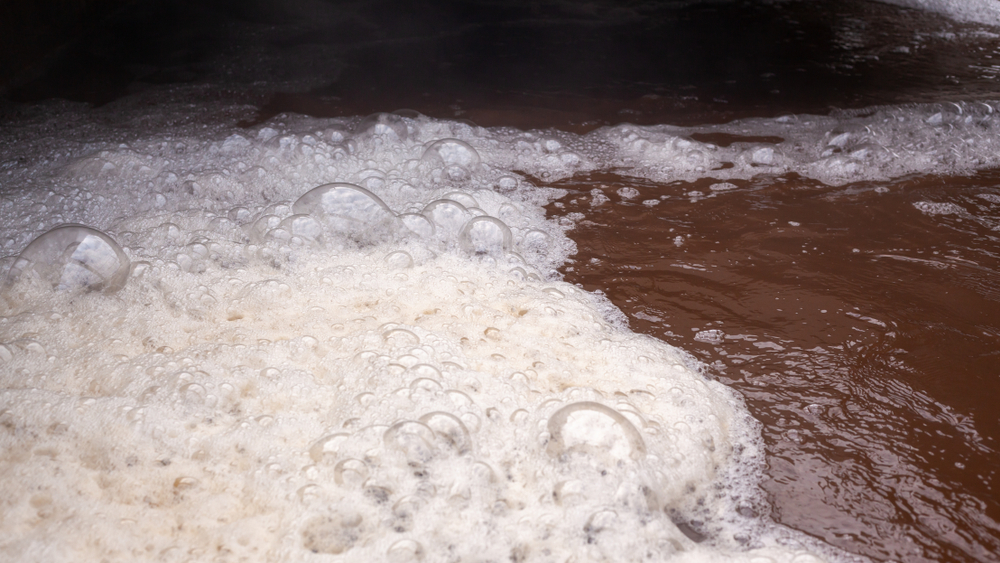
How Water Pollution Impacts Our Community
Water is one of our planet’s most precious resources, essential for sustaining life and supporting ecosystems. However, the increasing pollution of water bodies poses significant threats to human health, wildlife, and the environment at large. In this blog, we explore the various ways water pollution impacts our community, from local neighborhoods to global implications.
Understanding Water Pollution
Sources of Water Pollution
Water pollution originates from diverse sources, both human-made and natural. Industrial discharges, agricultural runoff containing pesticides and fertilizers, untreated sewage, and oil spills are major human contributors. Additionally, natural sources like erosion and volcanic eruptions can introduce pollutants into water bodies.
Types of Water Pollutants
Pollutants in water can vary widely, encompassing organic compounds, heavy metals, pathogens, and nutrients like nitrogen and phosphorus. Each type of pollutant poses unique risks, affecting water quality in different ways and varying in persistence and bioaccumulation potential.
Impacts on Public Health
Drinking Water Contamination
One of the most direct impacts of water pollution is on drinking water sources. Contaminants such as bacteria, viruses, and chemicals can render water unsafe for consumption. In communities without access to treated water or adequate sanitation, the risk of waterborne diseases such as cholera, typhoid, and hepatitis increases significantly.
Health Risks from Exposure
Even when not consumed directly, polluted water can harm public health through skin contact during recreational activities like swimming or boating. Chemical pollutants like lead, mercury, and arsenic can accumulate in fish and seafood, posing risks to human health when consumed.
Environmental Consequences
Ecosystem Disturbances
Water pollution disrupts aquatic ecosystems, endangering fish, amphibians, and other wildlife. Excess nutrients can lead to algal blooms, depleting oxygen levels and causing fish kills. Toxic chemicals accumulate in sediments and organisms, threatening biodiversity and ecosystem stability.
Habitat Degradation
Polluted water bodies suffer from habitat degradation, impacting species that rely on clean water for survival. Wetlands, crucial for filtering pollutants and providing wildlife habitat, are particularly vulnerable. Loss of biodiversity in aquatic ecosystems can have cascading effects on entire food webs.
Economic Implications
Impact on Industries
Industries reliant on clean water for operations, such as agriculture, fisheries, and tourism, suffer economic losses due to water pollution. Contaminated water reduces crop yields, affects fish populations, and discourages tourists from visiting polluted areas, impacting local economies.
Costs of Cleanup and Treatment
Governments and communities bear significant financial burdens from cleaning up polluted water sources and treating contaminated drinking water. Costs include infrastructure investments, healthcare expenditures due to waterborne diseases, and environmental restoration efforts.
Social and Community Effects
Disproportionate Impacts
Water pollution often affects marginalized communities disproportionately, exacerbating existing social inequalities. Low-income neighborhoods and communities of color may face higher exposure to polluted water due to historical environmental injustices and inadequate infrastructure.
Loss of Recreational Opportunities
Polluted water bodies diminish recreational opportunities for communities, impacting physical and mental well-being. Restrictions on swimming, fishing, and boating decrease outdoor recreational activities, which are vital for community cohesion and quality of life.
Global Perspectives
Transboundary Issues
Water pollution transcends national borders, impacting neighboring countries and downstream communities. International cooperation is crucial for addressing transboundary pollution and developing sustainable water management practices.
Climate Change Interactions
Climate change exacerbates water pollution challenges by altering precipitation patterns and intensifying extreme weather events. Increased flooding and droughts can worsen pollution levels in water bodies, requiring adaptive strategies to mitigate impacts.
Addressing Water Pollution: Solutions and Strategies
Regulatory Frameworks
Stringent environmental regulations and enforcement mechanisms are essential for controlling industrial discharges and improving water quality standards. Monitoring programs and pollution control measures help reduce pollutant levels in water bodies.
Sustainable Practices
Adopting sustainable agricultural practices, such as precision farming and organic methods, minimizes nutrient runoff and pesticide contamination. Investing in green infrastructure like wetlands restoration and permeable surfaces improves water filtration and flood control.
Community Engagement
Raising awareness about water pollution through education and public outreach fosters community engagement and encourages behavior change. Citizen science initiatives empower individuals to monitor water quality and advocate for clean water policies.
Innovation and Technology
Advancements in water treatment technologies, such as filtration systems and wastewater recycling, offer sustainable solutions for managing polluted water. Research and development efforts focus on developing cost-effective and efficient methods for pollution control.
Conclusion
Water pollution poses multifaceted challenges to our communities, affecting public health, ecosystems, economies, and social well-being. Addressing these challenges requires collaborative efforts at local, national, and global levels, integrating regulatory measures, sustainable practices, community engagement, and technological innovation. Protecting and restoring water quality is essential for safeguarding our planet’s most vital resource and ensuring a healthy and prosperous future for generations to come.
Got Questions? Let Us Help!
Welcome to Royal Water Works, Inc.! We are a family-owned business that has been serving the heart of Pisgah Forest, NC for over twenty years. As an environmental service company, Royal Water Works, Inc. partners with contract operations for water testing, water filtration design, wastewater operations, iron removal, PH adjusting, ultraviolet disinfection, and more. We provide a high degree of customer service and quality work to ensure we get the job done. Call us today; we can’t wait to hear from you!
Categorised in: Water Pollution
